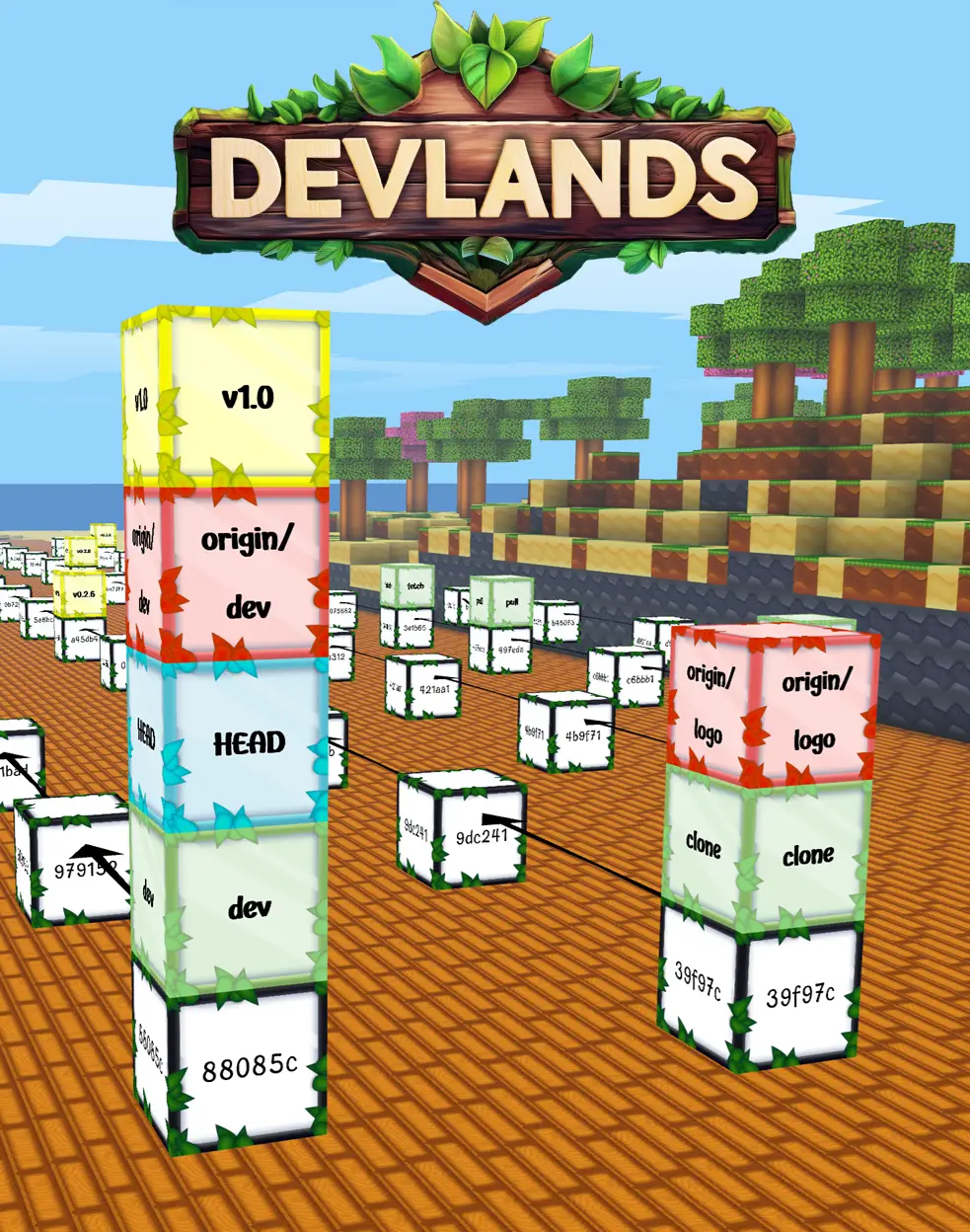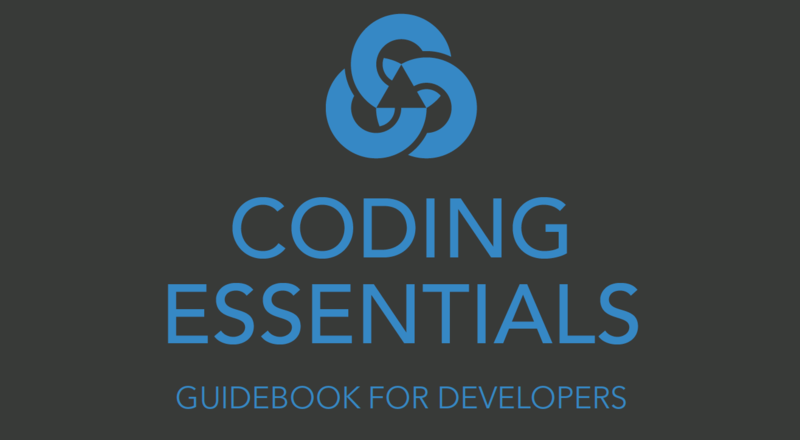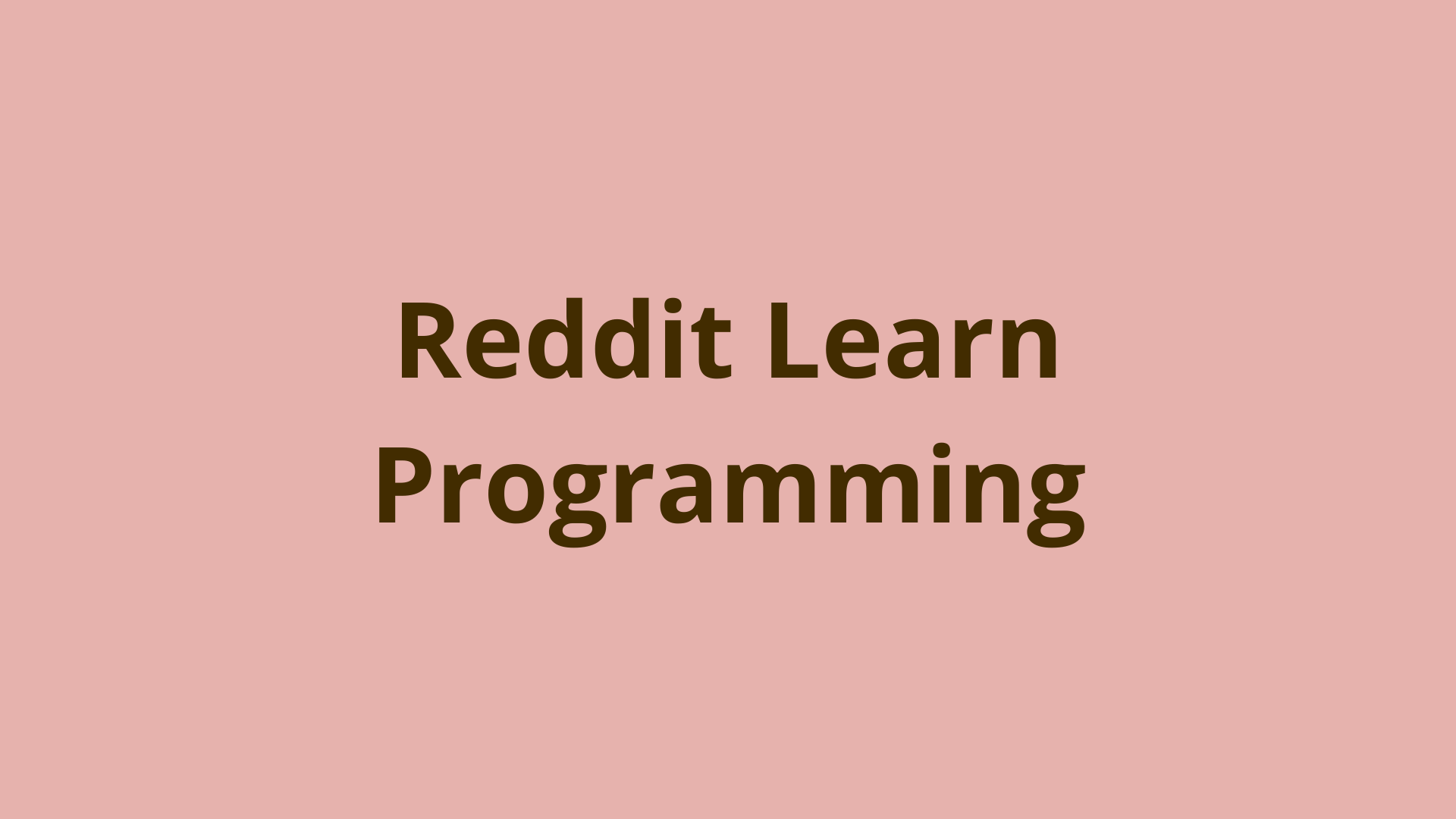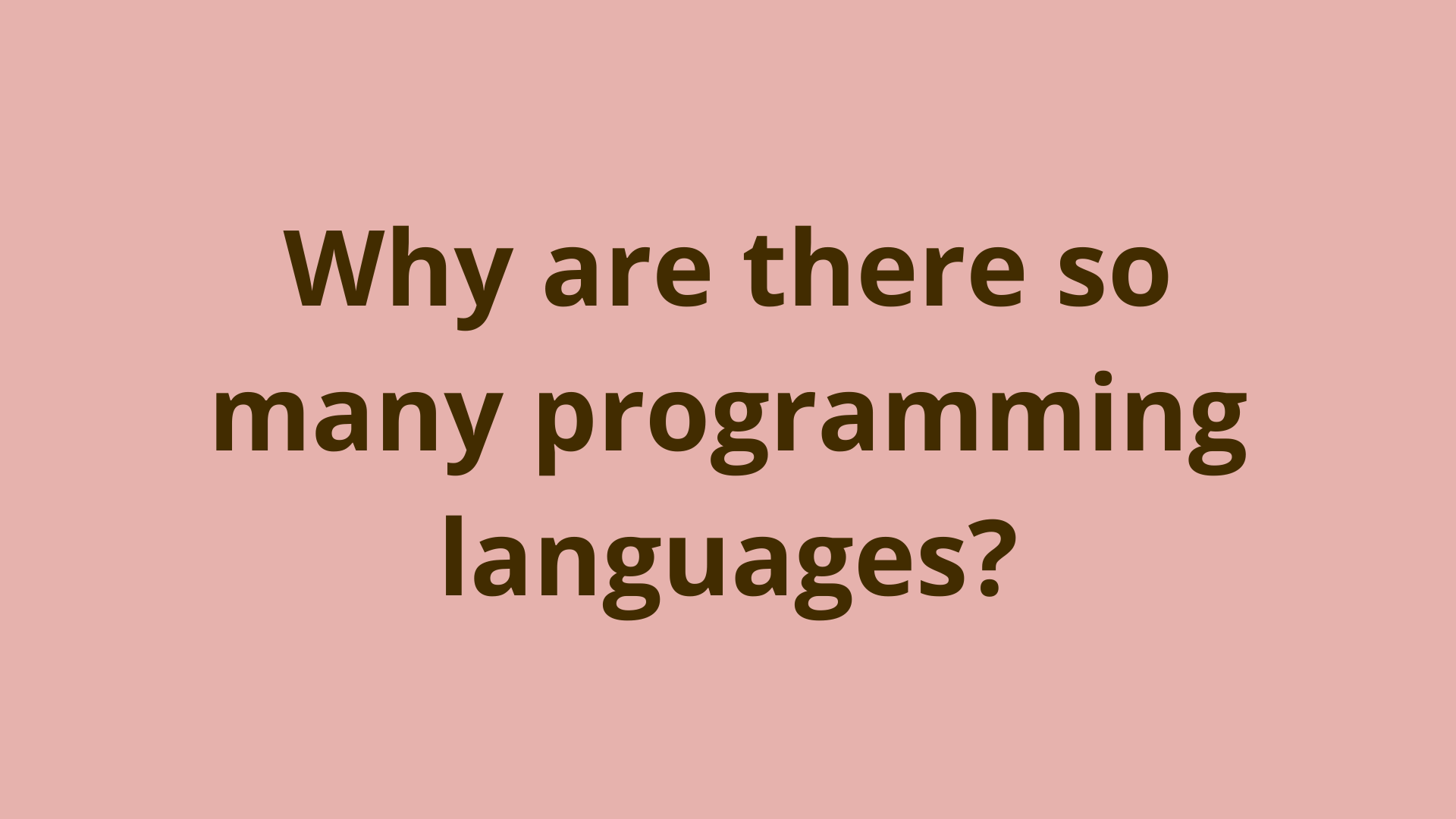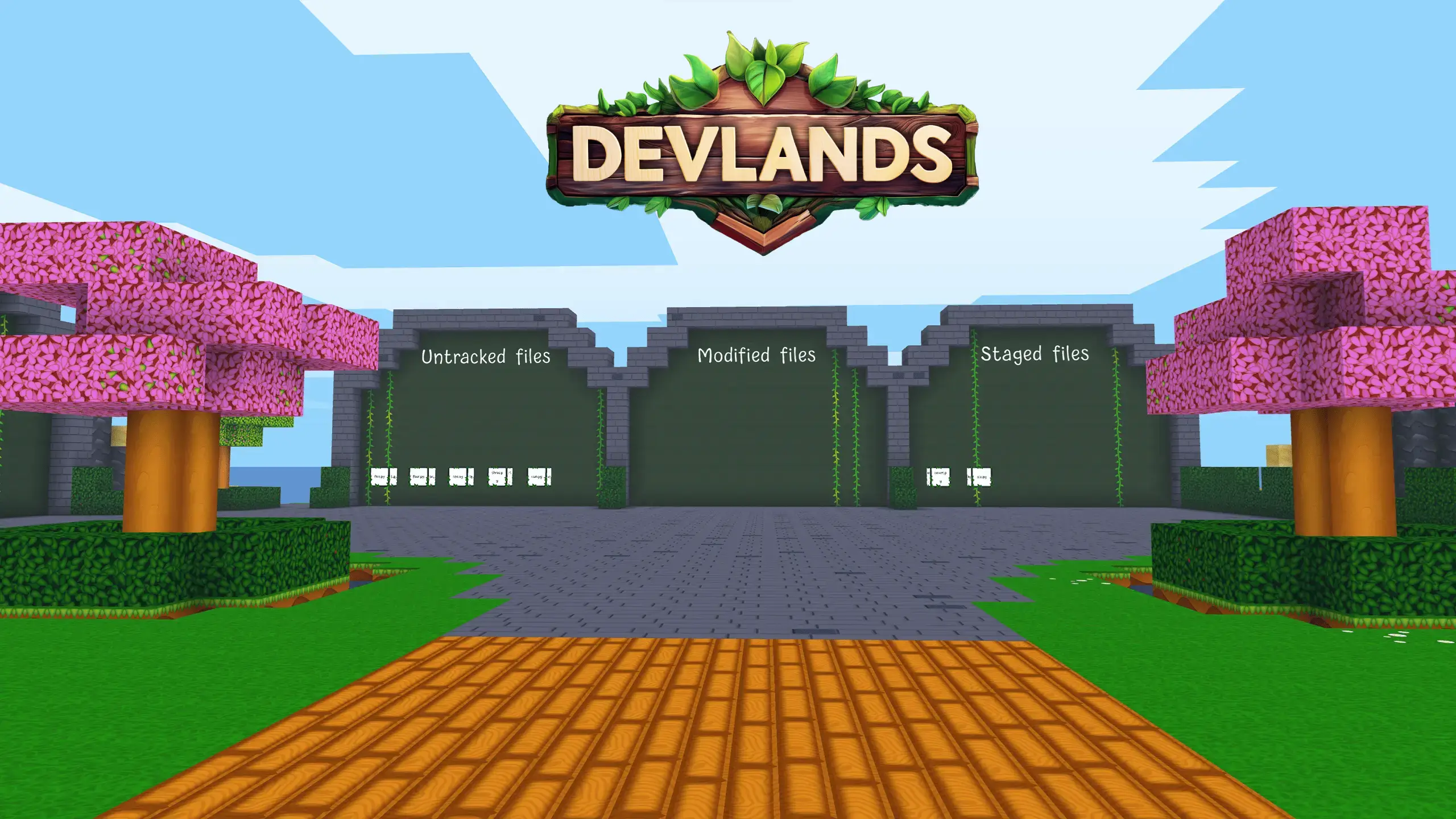What Programming Language Does Raspberry Pi Use?
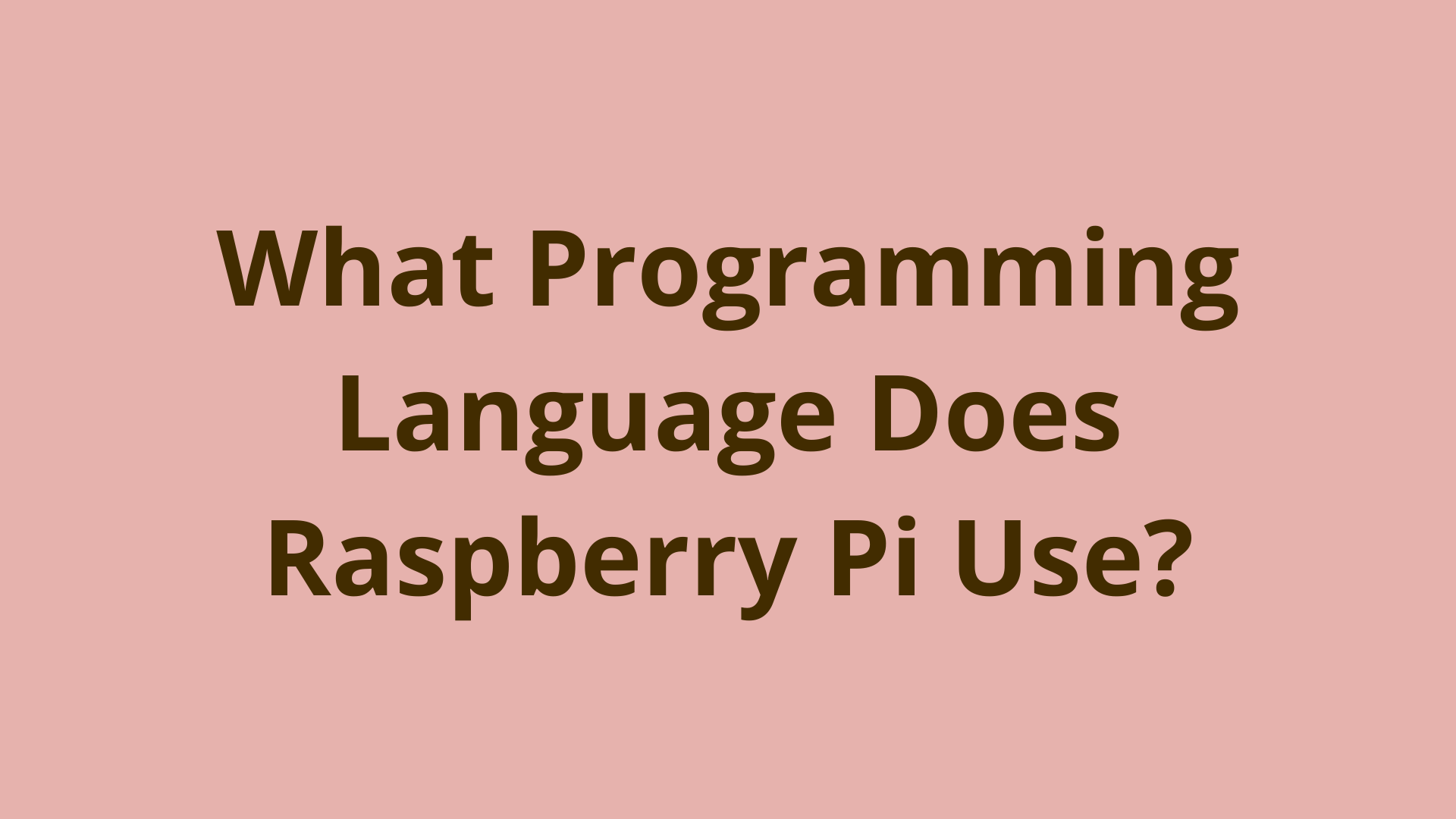
ADVERTISEMENT
Table of Contents
Introduction
A Raspberry Pi is a $35 credit-card-sized computer built for tinkering and learning. Its large sensor and software ecosystem allows it to host web servers, control drones, automate irrigation, and much more. It is especially suitable for learning how to program, as it is very cheap and provides novices with real-world feedback for their code.
But what programming language does Raspberry Pi use?
In this article, we will explain which programming languages are natively supported on Raspbian OS, the default operating system that ships with the Raspberry Pi.
Pre-Installed Languages
The following languages are pre-installed on Raspbian OS and require no configuration. In addition, we've included the command you can use at the terminal to invoke each language's interpreter/compiler:
- Python 2.7.13:
python <path to file> - Python 3.5.3:
python3 <path to file> - C/C++ (gcc version 6.3.0):
gcc <path to file> -o <output file name>to compile,./<output file name>to execute - Scratch:
scratch presentation <path to file>
Note that if you're reading this article significantly later than it was posted, some of the languages are their default supported versions may have changed.
Installing Other Languages
Since Raspbian OS is based off of Debian, a standard Linux distribution, it supports nearly any programming language. For example, here is how to install Java 11 and run an application:
sudo apt-get update # update package list
sudo apt-get install default-jdk # installs OpenJDK 11
javac <path to file> # compile Java code
java <base name of file> # run compiled .class file
A similar technique can be used to install PHP, Rust, Ruby, and other programming languages.
Conclusion
Raspberry Pi supports C/C++, Python 2/3, and Scratch by default. However, nearly any language compiler or interpreter can be installed on Raspbian OS.
If you're interested in learning the basics of coding and software development, check out our Coding Essentials Guidebook for Developers.
Thanks and happy coding! We hope you enjoyed this article! If you have any questions or comments, feel free to reach out to jacob@initialcommit.io.
Final Notes
Recommended product: Coding Essentials Guidebook for Developers
